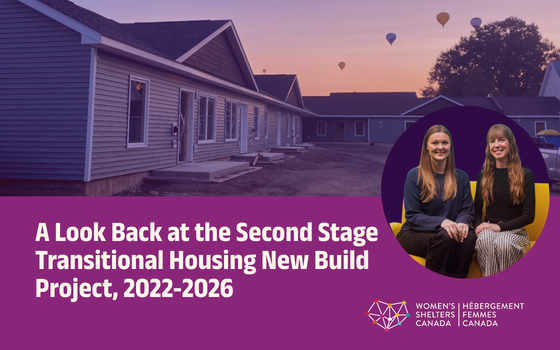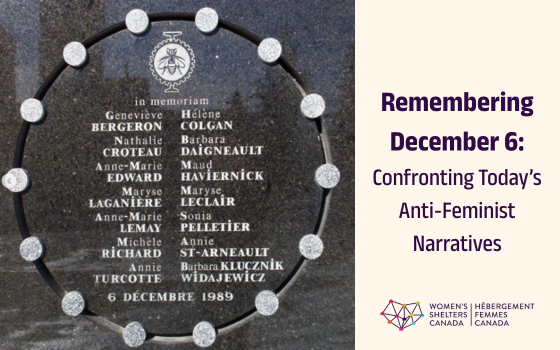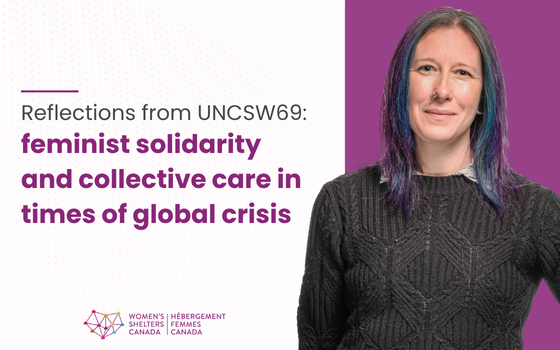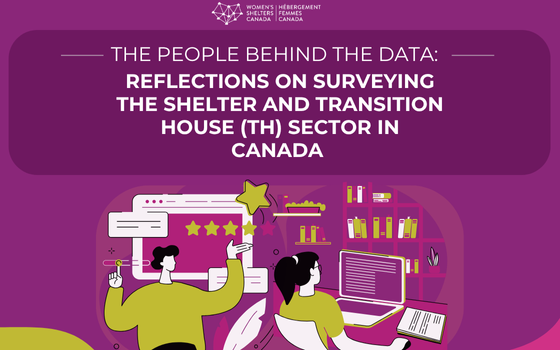In March 2023, Women’s Shelters Canada (WSC) had the honour of facilitating a special in-person PEACE for Canadian Children and Youth training in Iqaluit, Nunavut. A few weeks ago, we released part one of a special conversation we had with PEACE facilitators, Tracy Myers and Aline Mushyitsi. The following is a continuation of this, featuring Chandra Saha (knowledge exchange coordinator), who conducted the interview.
Chandra: Coming out of a period of isolation with the COVID-19 pandemic and into an in-person training context, did you encounter any challenges you hadn’t anticipated? If yes, how did you adapt and how might this shape future PEACE training sessions you facilitate?
Aline: One of the biggest challenges was the very slow and limited Wi-Fi in the north that affected presentation material. Unfortunately, Tracy’s luggage also got lost in transit, which contained all our training props and materials, so we had to adapt and improvise.
I did also feel uneasy after the training as I wondered – now what? Part of me is worried that we have betrayed our northern colleagues and the women and children they serve by parachuting a new approach, dangling inspiration and connection, then vanishing. I desperately hope this is just the start.
Tracy: Aline, I didn’t actually lose my luggage, the airline failed to deliver it! (Laughs) The issue is that the monopoly airline overcharges and does whatever it wants since it’s the sole option in this remote area.
I hadn’t fully anticipated the language and cultural differences. We lacked direct translations when discussing complex topics like racism and white supremacy which was a big issue. In regard to the future, maintaining this cohort virtually will be full of challenges because there’s a gap in access to technology for folks in the north.
C: Reflecting on trainings like PEACE being facilitated in rural, remote northern communities, what difference does this type of training make for workers in isolated places dealing with such complex challenges?
A: The information covered in the training is valuable, but the power of connection between workers in rural and northern isolated communities is profound. Connection helps us re-remember our passion and purpose in this work, it fuels creative problem-solving. While I hope the tools imparted are useful for people, my biggest hope is that the relationships built amongst participants deeply nourish their spirits and sustain them. Even if it’s one person who feels less alone after the training, I would consider it a shining success.
T: At its heart, PEACE trains us to respond to people with dignity, kindness, and presence – a healing balm when the system fails them. It names unjust realities: lack of housing, living wages, legal aid, and racism. Workers in remote communities withstand spiritual pain, by being the sole support amidst these systemic gaps.
PEACE teaches that it’s enough to uplift with dignity- make tea, and say, “I’m glad you’re here.” Small acts of love counteract the trauma people have endured. When we connect in love, we are no longer afraid, or alone. We can slowly heal as a community.
C: We hope that amplifying the voices and realities of these remote communities can illuminate the important work being undertaken by them. Before we conclude, did you have any final reflections you wanted to add about the impact of this experience?
A: The experience was incredibly powerful and moving in ways that are hard to capture with words. It reminded me of why I do this work. I don’t ever want to be one of those fly-in facilitators that leaves communities stranded. I want to be part of the lasting change that ripples from our time together, planting seeds that future generations will enjoy the shade of.
Tracy: I’m filled with humility and gratitude for being a part of this national project. Telling these stories matters; they compel us to action. I want to also acknowledge how an incredibly strong, smart, and fun team of women have been assembled as part of this program. I felt encouraged to be among this powerful sisterhood where we became true friends, not just coworkers. I’m so grateful for those soul-nourishing connections and I want to keep shining light on their overlooked realities. I’m honoured to play a small part in this work of love that will outlast us all, the ripples continue outward.
The feedback reports from this training very much resonate with Tracy and Aline’s sentiments. The participants requested that the training return again to Iqaluit in 2024 which the PEACE team is in the midst of doing. We are thankful to Women and Gender Equality, the Government of Nunavut, and our entire team for their generous contributions.
This interview was edited for length and clarity.
Want to learn more about PEACE? Check out our video interview with Tracy and Aline below!





